Passages
Also by Gail Sheehy
Love Sounds
Speed Is of the Essence
Panthermania
Hustling
Pathfinders
Spirit of Survival
Character: Americas Search for Leadership
Gorbachev: The Man Who Changed the World
The Silent Passage
New Passages
Understanding Mens Passages
Hillarys Choice
Middletown, America
Sex and the Seasoned Woman
Passages in Caregiving
PASSAGES
Predictable Crises of Adult Life
Gail Sheehy
Dutton
DUTTON
Published by the Penguin Group
Penguin Group (USA) LLC
375 Hudson Street
New York, New York 10014

USA | Canada | UK | Ireland | Australia | New Zealand | India | South Africa | China
penguin.com
A Penguin Random House Company
Copyright 1974, 1976, renewed 2004 by Gail Sheehy
Introduction copyright 2013 G Merritt Corporation
Penguin supports copyright. Copyright fuels creativity, encourages diverse voices, promotes free speech, and creates a vibrant culture. Thank you for buying an authorized edition of this book and for complying with copyright laws by not reproducing, scanning, or distributing any part of it in any form without permission. You are supporting writers and allowing Penguin to continue to publish books for every reader.
 REGISTERED TRADEMARKMARCA REGISTRADA
REGISTERED TRADEMARKMARCA REGISTRADA
ISBN: 978-0-698-13866-7
While the author has made every effort to provide accurate telephone numbers, Internet addresses, and other contact information at the time of publication, neither the publisher nor the author assumes any responsibility for errors or for changes that occur after publication. Further, the publisher does not have any control over and does not assume any responsibility for author or third-party websites or their content.
To my mother and my father
INTRODUCTION

THOSE PEOPLE WHOSE STORIES I tell in this book should shake you out of complacency and stir your imagination. I hope they encourage you to create a new dream. When you dare to take a new step, try the less-traveled road; other people will be attracted by your spirit and eager to help you or partner with you in some new endeavor. It is never too late to make another passage.
The other morning while I waited for a bus, heading to New York after a weekend in the country, a man of middling years, confident in assuming an intimate exchange, moved close and said, Your book Passages changed my life. I said, as I always do, No, you changed your life, and congratulated him for his courage. On a recent plane trip, a couple beside me leaned over to confide, We listened to your book driving across the country and decided to forget about getting a divorcewere just going through a midlife passage. This happens frequently.
My brain will do a mental calculation: 2014 subtracted by the original 1976 publication date of Passages gives the book a longevity of almost forty years. The concept is still valid. We continue after adolescence to grow and develop through life stages. Times of internal crisis are predictable. To move through the uncertainty and disequilibrium, to take the risk of change and make a leap of growth, this is a passage. The reward is to continue to gain mastery and meaning in our lives.
It is the marker events that no longer take place on a standard schedule. Graduations may happen anytime between adolescence and geezerhood. Marriages happen later. A startling 40 percent of American women up to the age of 44 are choosing to remain single. Childbirth may happen on the brink of menopause. Indeed, one new mom in her late forties told me with a laugh that she needs her reading glasses to breast-feed. Careers are changed and changed again, with the greatest pleasure often found in the post-retirement career. The better we understand how to use the challenges of each stage as opportunities for creative growth, the more resilient we become.
Last summer at the Southampton Writers Conference, a vivacious young woman announced to a class that she had just become engaged. Robin was a whip-smart transplant from the Midwest, as wholesome, blond, and bubbly as that might imply, and impressively confident for a graduate student of 25. So it was with dismay that I learned she was later cornered and hit with an advice-assault by three older classmates, Boomer women now in their fifties.
Youre engaged? they asked in disbelief.
Yes. She expected congratulations.
We think youre making a terrible mistake. The new fiance was stunned. All three of the women confronting her were career-driven, successful, and divorced. One was a publisher, one owned an interior-design business, and the third ran her own IT company. Only one of the women had children.
Really, you shouldnt even think about marriage until youre 30, preferably 32, declared the interior designer.
Ive been with David for four years, Robin stuttered. Hes very mature for his age; I mean, he opened his first checking account in eighth grade!
Youre just a baby, said the publisher. Your brain hasnt even finished forming. How can you possibly know what youll want when youre older?
The graduate student went from feeling helpless to shutting down. Faced with mature women who seemed bitter but who were certain they could offer a fixed template for how a contemporary woman should shape her life, Robin gave up trying to argue with them. Their conviction was infuriating but impenetrable.
Robin later discussed this troubling encounter with me. She had read Passages in college after the death of her father. Going back to look at the book, she had read that Doing what we should is the most pervasive theme of the twenties. The shoulds are largely defined by family models, the press of the culture, or the prejudices of ones generation. Her generation of women is definitely committed to delaying marriage or forgoing it altogether in the service of fulfilling their own aspirations. Was she violating her independence by marrying at 25? And why were these women, pioneers of the Boomer generation, so hostile to the idea of young marriage?
Early Boomer women I wrote about mostly married at 21 or 22, looking for a man to be their economic security blanket while they had children. They gave up the most important years for trying out career paths, gaining advanced education, and building the competence and confidence to seek out mentors and take risks. Major life decisions and commitments were usually made according to the dream of the husbandwhere to live, when to move for his job or advanced schooling, even the timing of children.
Men, who then married at an average age of 23, were expected to shoulder the full burden of family support. Many men I interviewed around age 30 admitted that their wives had become uninteresting as their focus narrowed to being good mothers. At-home wives, as they neared 30, commonly complained of feeling less confident than when they finished school.
More than half of early marriages made in the Seventies ended in divorce, most often seven years later. Today, most women devote those same seven years between the early to late twenties to making independent decisions about career, advanced education, and how and where to live. Once a woman gains confidence in making her own major life decisions, she will probably consider only an egalitarian relationship. This is what makes all the difference to the Millennial Generation (teens to early thirties).

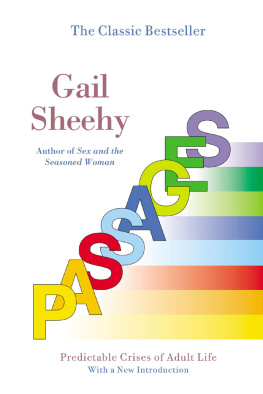
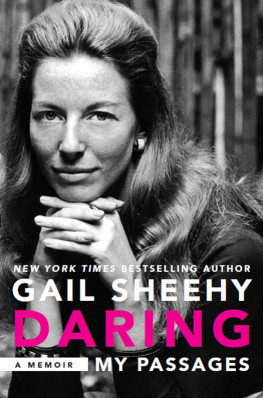
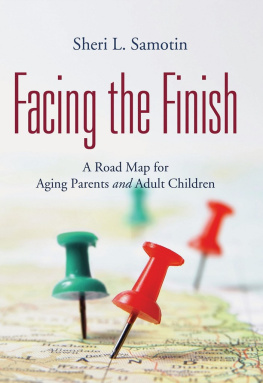
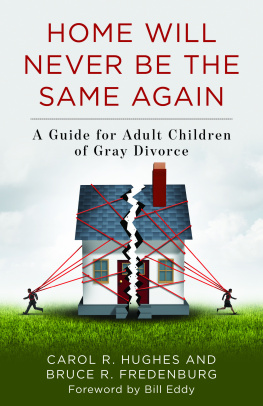

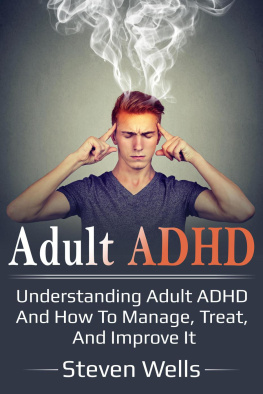
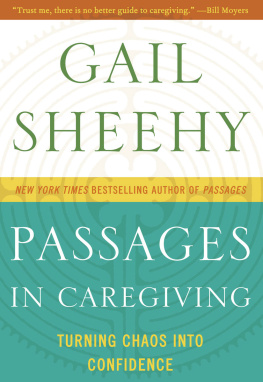
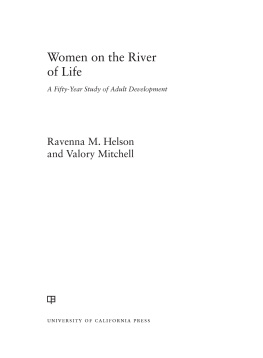
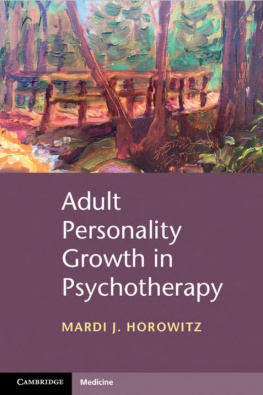


 REGISTERED TRADEMARKMARCA REGISTRADA
REGISTERED TRADEMARKMARCA REGISTRADA